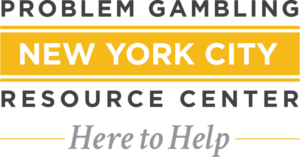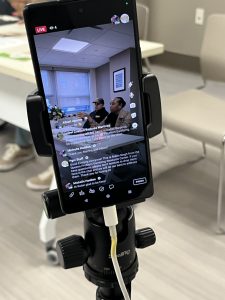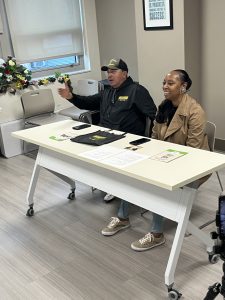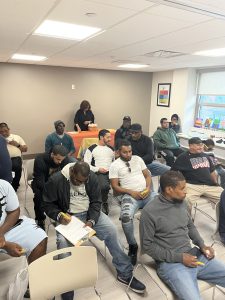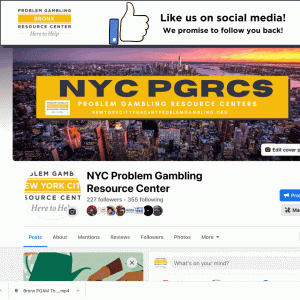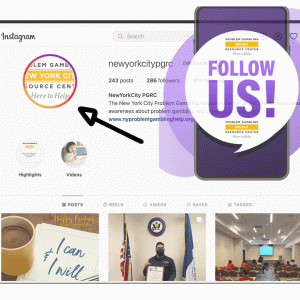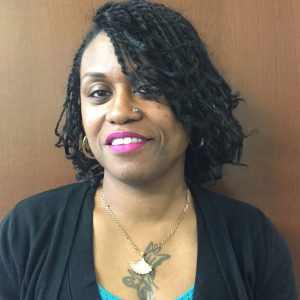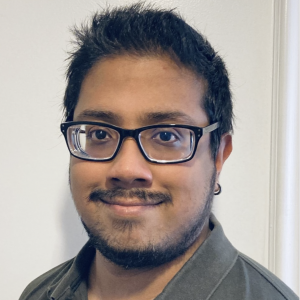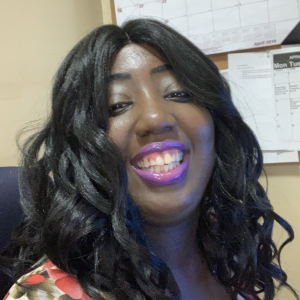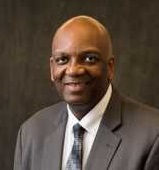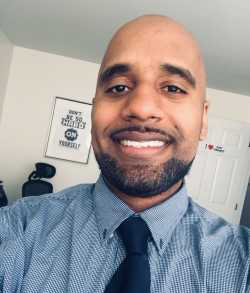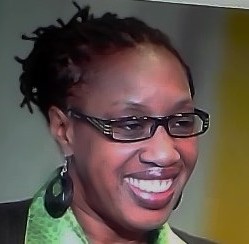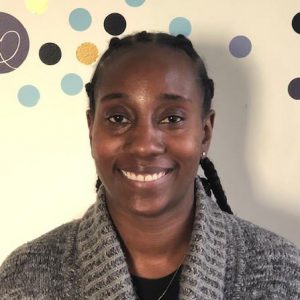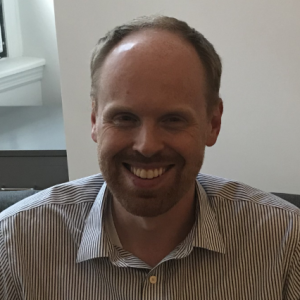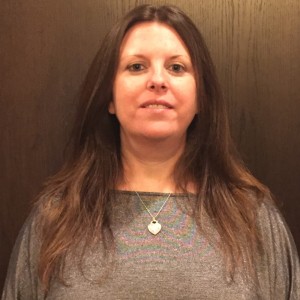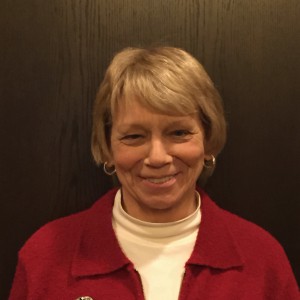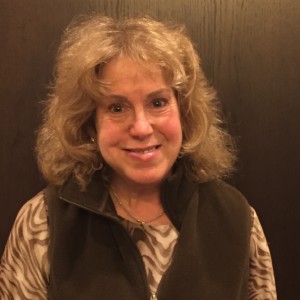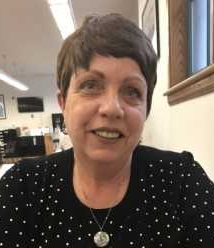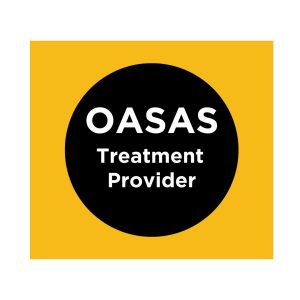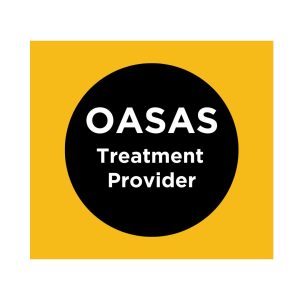

Problem Gambling Resource Centers Offer:
– Treatment/Outpatient Services – Peer Support Groups/Sessions – Clinician Led Groups – Screening Tools – Educational Presentations
The New York City PGRC proudly offers treatment options available in English, Spanish, Mandarin Chinese, Cantonese Chinese, Taiwanese Chinese, Tagalog, Russian, Polish, Arabic, and French.
For Local Treatment Services, Contact:
Bronx Addiction Treatment Center
Columbia Gambling Disorder Clinic
Lower East Side Recovery Center
Mental Health Providers of Western Queens
Richmond University Medical Center
_____________________________________________________________________________
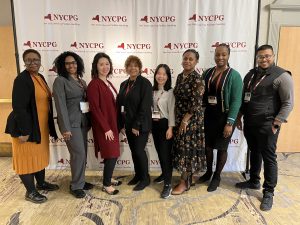
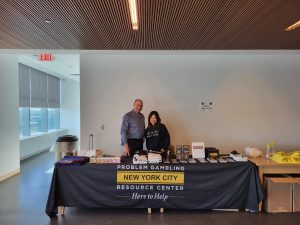
BIPOC CULTURE AND GAMBLING HARMS
BIPOC Culture and Gambling: Gambling is an activity done for hundreds of years in many communities. In many cultures and communities, it is a national pastime, a way to socialize with others. In many BIPOC communities gambling is not seen as a problematic activity. Additionally, some types of gambling may not be considered gambling in their communities. In a recent survey by the NYCPG DEI Team, dominos, video games/loot boxes, lottery, scratch-offs, and cards are several types of gambling activities that BIPOC communities do not always associate with gambling.
Why screen the BIPOC Community for Problem Gambling? Gambling disorder leads to financial, emotional, social, occupational, and physical harm. However, many cases of gambling disorder go undetected, due to lack of awareness, education, and limited assessment for this problem. Studies show that among BIPOC Communities there are higher levels of anxiety, depression, suicidal tendencies, Post-Traumatic Stress Disorder (PTSD), and other mental health disorders, all of which can co-occur with gambling.
Barriers with Problem Gambling Treatment & Services The shame and stigma associated with gambling problems can be further compounded within BIPOC communities. This can be because of a distrust of the medical system, or lack of services for those who are undocumented. In addition, treatment options can be limited for those in BIPOC communities, service availability may not be equitable, culturally specific, or in a client’s native language.
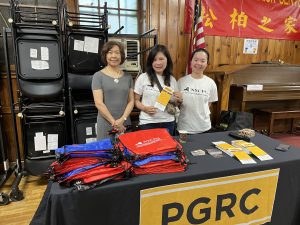
BUILDING BRIDGES OUTREACH PROGRAMS:
- Hispanic/Latinx Street Team: Services include outreach, assessments, and educational sessions for the Hispanic/Latinx communities.
- Asian Problem Gambling Services (ASP) Services include outreach and awareness efforts, education, and support services in Chinese, Mandarin, and Cantonese

The New York City (NYC) Problem Gambling Resource Center is a program of the New York Council on Problem Gambling, which is funded by the New York State Office of Addiction Services and Supports. The New York City PGRC is dedicated to addressing the issue of problem gambling through increasing public awareness and connecting those adversely affected with services that can help them.
The NYC Problem Gambling Resource Center is dedicated to the positive transformation of lives harmed by gambling. This vision of transformation includes individuals with a gambling problem as well as their families and communities. With a focus on supporting the individual and reducing barriers to care, the NYC PGRC is truly the premier center for providing problem gambling services.

Addiction to gambling does not have a single cause. Genetic and environmental variables may have a combined role in the development of compulsive gambling. Some individuals turn to gambling as a coping mechanism or means of problem-solving. While gambling may be a profitable endeavor, it often leads to financial difficulties in the long run. Mental health conditions including ADHD, OCD, anxiety, depression, and impulse control issue may also lead to gambling addiction.
For more information and to get help, call the NYS OASAS HOPEline anytime at 1-877-846-7369.
For additional resources, please visit https://oasas.ny.gov/gambling or https://oasas.ny.gov/prevention/gambling
Social Media: NYC PGRC
